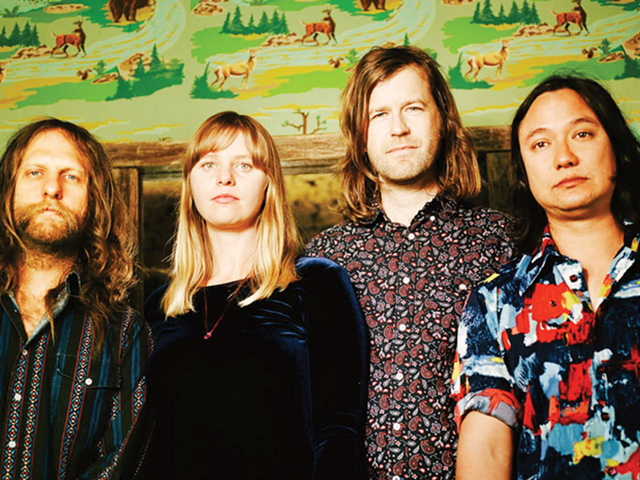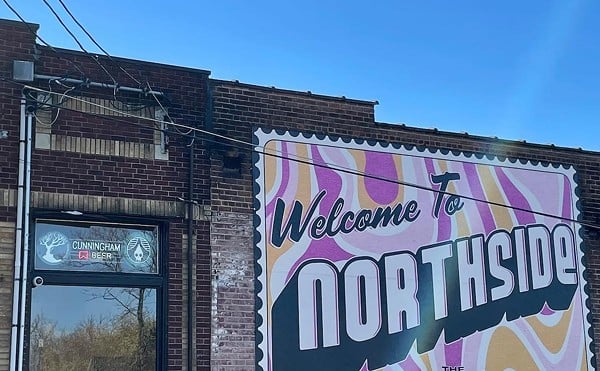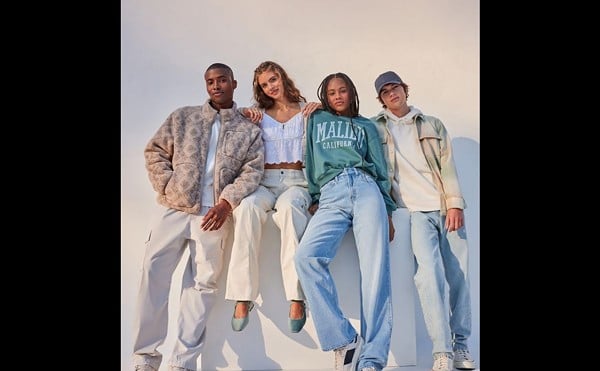S
ince emerging from Germany in the 1960s, Peter Brötzmann has become one of the titans of avant-garde Jazz. A tenaciously forceful master of saxophone, clarinet/bass clarinet and tárogató (a Romanian or Hungarian woodwind), over the years Brötzmann has played with American explorers of often-improvised new Jazz like Don Cherry, Steve Lacy, Cecil Taylor, Sonny Sharrock, Anthony Braxton and Andrew Cyrille.
The website discogs.com lists Brötzmann as a participant in 115 recordings and videos, as soloist and bandleader or as part of various groups and collaborations. Machine Gun, a 1968 release by his octet, is cited as a classic for the way it captured — in furious Jazz form — the political tumult and tension loose in Germany and Europe at the time.
At age 75, one might think Brötzmann has found his comfort zone and has earned the right to define a groove and stay with it. But that’s just not him — he takes his legacy of being devoted to the “new” very seriously. For one of his most recent collaborations, Brötzmann teamed up with Heather Leigh, an American born-and-raised/ Scotland-based pedal-steel guitar experimentalist, for the new album Ears Are Filled With Wonder. It’s strange and beautiful music — you wouldn’t expect these two very different musicians, both playing with their own distinctive improvisatory style, to fit together so well. But they do. On the album, Brötzmann plays tenor sax, bass clarinet, B-flat clarinet and tárogató.
“I met Heather about two years ago in Glasgow and we talked together,” Brötzmann says by phone, shortly after arriving in Orlando for a pair of North American tours (prior to the duo dates, his quartet with Jason Adasiewicz, John Edwards and Steve Noble performed several concerts). “About a year ago, (Leigh) invited me to play at a Glasgow festival, and that was our first gig. I had no idea about her instrument, but I think both of us agreed it was working very well together.”
Last year in Poland, the two musicians recorded Ears Are Filled With Wonder, which Brötzmann proclaims is “quite a good piece of music.” He says of the experience of playing with Leigh, whose solo work twists elements of Folk music, showed him to another way of playing.
“I’m used to drums and bass and the usual Jazz traditional thing, but she is really a challenge for me to discover other areas of music,” he says. “I’m very happy about that.
“I see my life as a way of learning,” Brötzmann continues. “That is still what I want to do, and I am very grateful I found Heather or she found me.”
Brötzmann is aware that he is at an age where the rigors of his vigorous playing style, so demanding of his concentration and stamina, can start to take a toll.
“I’m not a young man anymore, but whenever I go onstage, I have to give all,” he says. “And that’s what I’m doing, even if the bones the next morning ache. It’s not easy, but being on stage, you just do it.”
Brötzmann’s original interest in Jazz was stoked by a love of Blues, and also by seeing American Jazz groups play Europe, where they sometimes were embraced more heartily than in the States. He met Eric Dolphy in 1964, several nights before the brilliant musician died in Berlin from a diabetic condition that was never diagnosed. He saw John Coltrane groups, including ones with Dolphy and Cannonball Adderley. And he attended multiple shows by one of his greatest influences, innovative saxophonist Albert Ayler.
“If people ask me what I’m doing, I tell them I’m a Jazz musician in my own way,” Brötzmann says. “I’m not an American — I’m not a black American — I’m a European. But I learn a lot from all these guys from Jazz history, and from Albert and Coltrane.”
As he started playing and developing his style, Brötzmann found an unusual supporter in video artist Nam June Paik. Brötzmann studied art in Wuppertal, Germany, where he became interested in Fluxus, the then-new international movement that explored performance, music and multimedia as integral components of visual art. It had a strong following in Germany.
In 1963, the Korean-born Paik had his career breakthrough at Wuppertal’s Galerie Parnass with a show that used magnets to distort TV images. He and Brötzmann became acquainted.
“He widened my view and I learned quite a lot from him, too,” Brötzmann says. “When he stayed in my hometown for his exhibitions, he’d always say, ‘Hey Brötzmann, do it!’ At that time not many people liked me (as a musician), so it was good to have his support in my young years.”
The word most often used to describe Brötzmann’s music — and improvised music like his — is “Free Jazz,” with its connotation of anything happening at any moment. But the term is not one the musician embraces.
“ ’Free Jazz’ for me is related to the years in the 1960s where it had not only a musical meaning but also a political one,” he says. “We in Europe had our fight with the establishment, and especially me as a German, (with) the after-war political dust from the old Nazi times. That was a time when the word ‘free’ had meaning — to get rid of what was and find something new.
“But if you destroy the old forms, you always find new forms. I think I developed my language over the years, and Heather in her relatively young years has developed her own, too. So we’re trying to find a new form each night. It’s a kind of instant composing, but the word ‘free’ is wrong.”
Reflecting on when he first started playing music and developing his own language and approach, Brötzmann says he and his generation were “young and foolish” for believing that things like music could “change the world.” But he continues to believe that music has the power to affect individuals.
“It was a kind of illusion (in the ’60s) — you don’t make revolutions with music,” he says. “But you can reach people, you can open their minds and put other ideas in their heads, and that’s what we still are trying. That is what the music is about.”
PETER BRÖTZMANN AND HEATHER LEIGH perform Tuesday at Northside’s Urban Artifact with Cincinnati Improvisers Group. Find tickets/more info at cincyticket.com.






